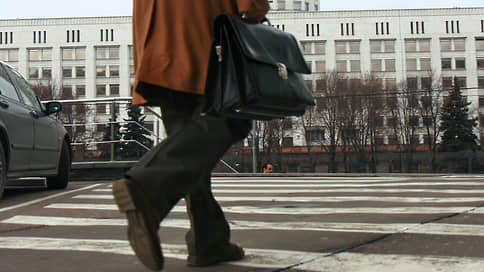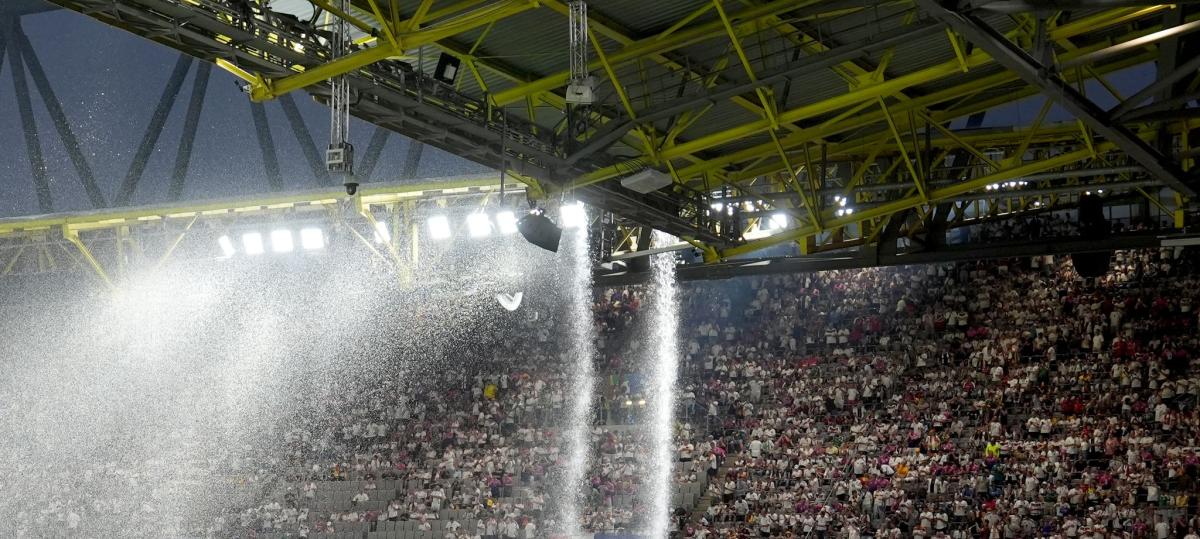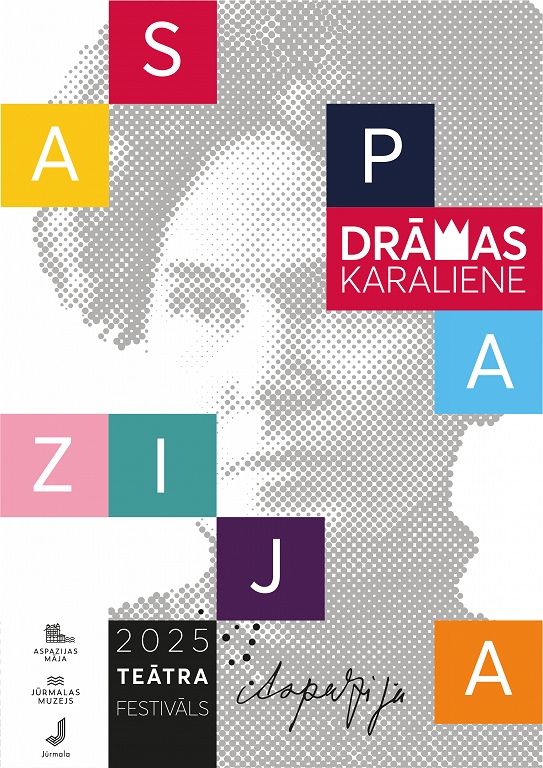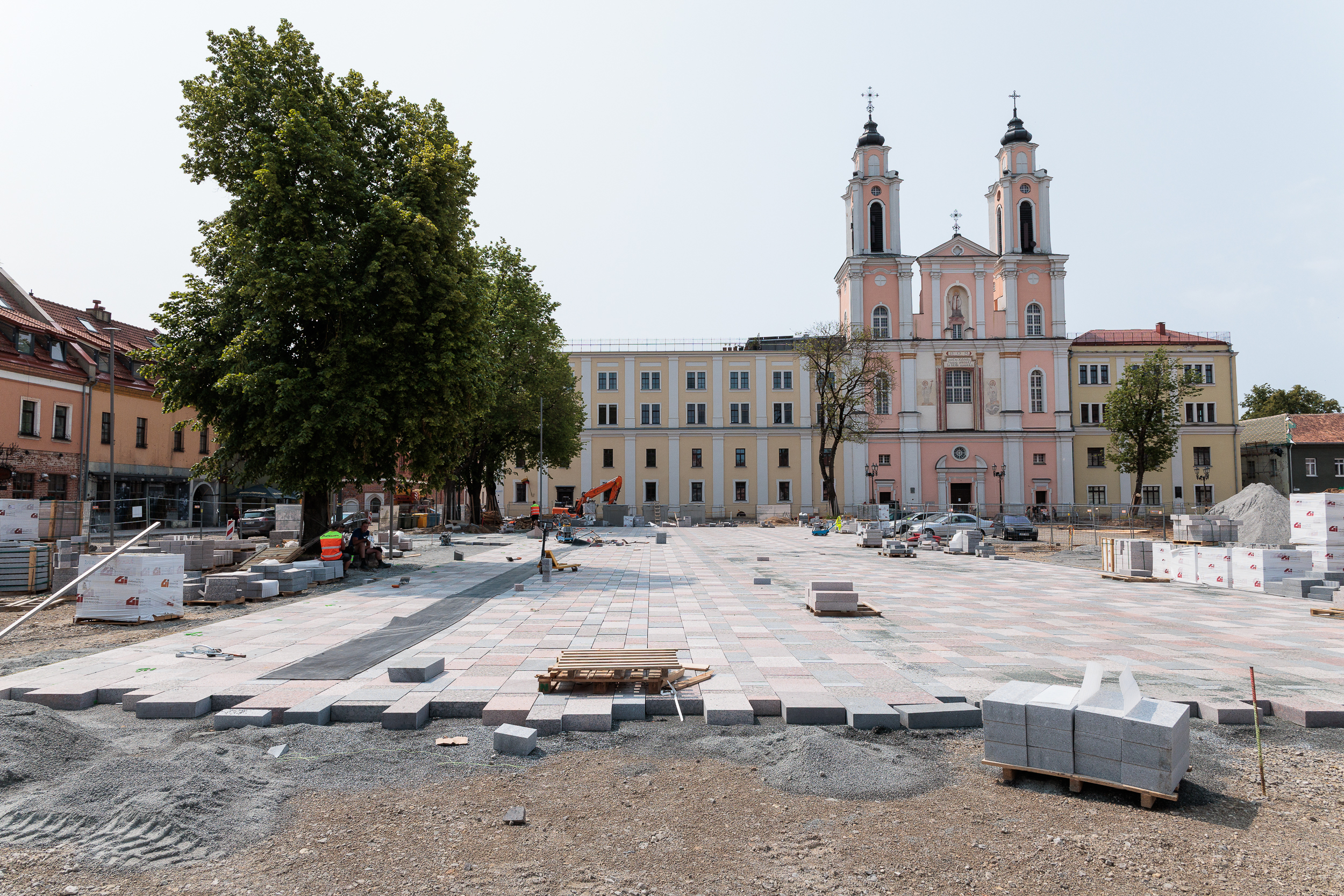The right to commission criticized the LDPR bill on the revision of civil cases

The Government Commission on Forever Activities did not support the initiative of the State Duma from the LDPR to expand the list of grounds for revising civil cases developed by the Resolution of the Constitutional Court (Constitutional Court). But the White House prepared its own bill on this topic, which provides for the possibility of revising not only civil, but also arbitration and administrative cases.
The draft negative review of the deputy bill, which involves the expansion of the list of grounds for revising civil cases, the Government Commission approved at the meeting on April 14. The document entered in the State Duma by a group of parliamentarians from the LDPR, led by the leader of the party Leonid Slutsky, was developed in pursuance of the decision of the Constitutional Court, the explanatory note to the project says.
Recall that on January 16, the Constitutional Court ordered the courts to take into account significant circumstances, even if they were established not by the verdict, but by other procedural documents, such as the court ruling to terminate the criminal case or the investigator’s refusal to initiate it (see “Kommersant” of January 17). The liberal democrats reacted very promptly and already on January 21 introduced the draft amendments to the Civil Code (Civil Code) that oblige the courts to take into account the circumstances that “concern criminal attacks” and were established in criminal proceedings. In this case, it is about the possibility of judicial protection in the interests of citizens, so the initiative was promptly developed and sent to the government, its co -author Yaroslav Nilov explained to Kommersant.
However, the right to committee criticized the proposals of the deputies. The draft recall notes that the bill refers to any criminal attacks to newly discovered circumstances, including not affecting the subject of the dispute, and this is not entirely what the Constitutional Court had in mind. “It is not justified” the absence of proposals for similar legal regulation in other procedural codes, since relations uniform in their legal nature should be regulated equally. And finally, deputies propose to count the deadline for submitting an application for a review of court decisions for newly discovered circumstances from the date of entry into force of the decision to refuse to initiate a criminal case or on its termination, while for such decisions the deadline for entering into force is simply not provided, the commission emphasizes. “The Government of the Russian Federation does not support the bill in this edition,” the recall project says.
Meanwhile, the Ministry of Justice previously reported that he had already developed two bills that expand the list of grounds for revising court decisions for newly discovered circumstances. New norms are proposed to be fixed not only in the Civil Code, but also in the Arbitration Procedure Code and the Code of Administrative proceedings. As follows from the materials posted on the government’s government disclosure portal, the projects have already undergone an anti -corruption examination and were sent for approval to interested departments.
According to the Law on the Constitutional Court, the government is responsible for bringing the legislation in accordance with the decisions of the court, and the Ministry of Justice de facto deeds this. But other subjects of legislative initiative, including deputies, recalls political scientist Pavel Sklynchuk, also have the right to submit relevant bills. Therefore, according to him, opposition parties often use the authority of the CS to strengthen their own political positioning, especially since the project prepared in pursuance of the KS decision is theoretically more likely to be accepted. However, the speed of preparation of initiatives affects the quality, which confirms the negative review of the right to committee, the expert adds.
Note that not every decision of the CS becomes a source of inspiration for deputies. According to the latest report published by the KS Secretariat, as of April 1, 2024, 44 KS resolutions were still subject to implementation, 10 of them were issued until 2019.








